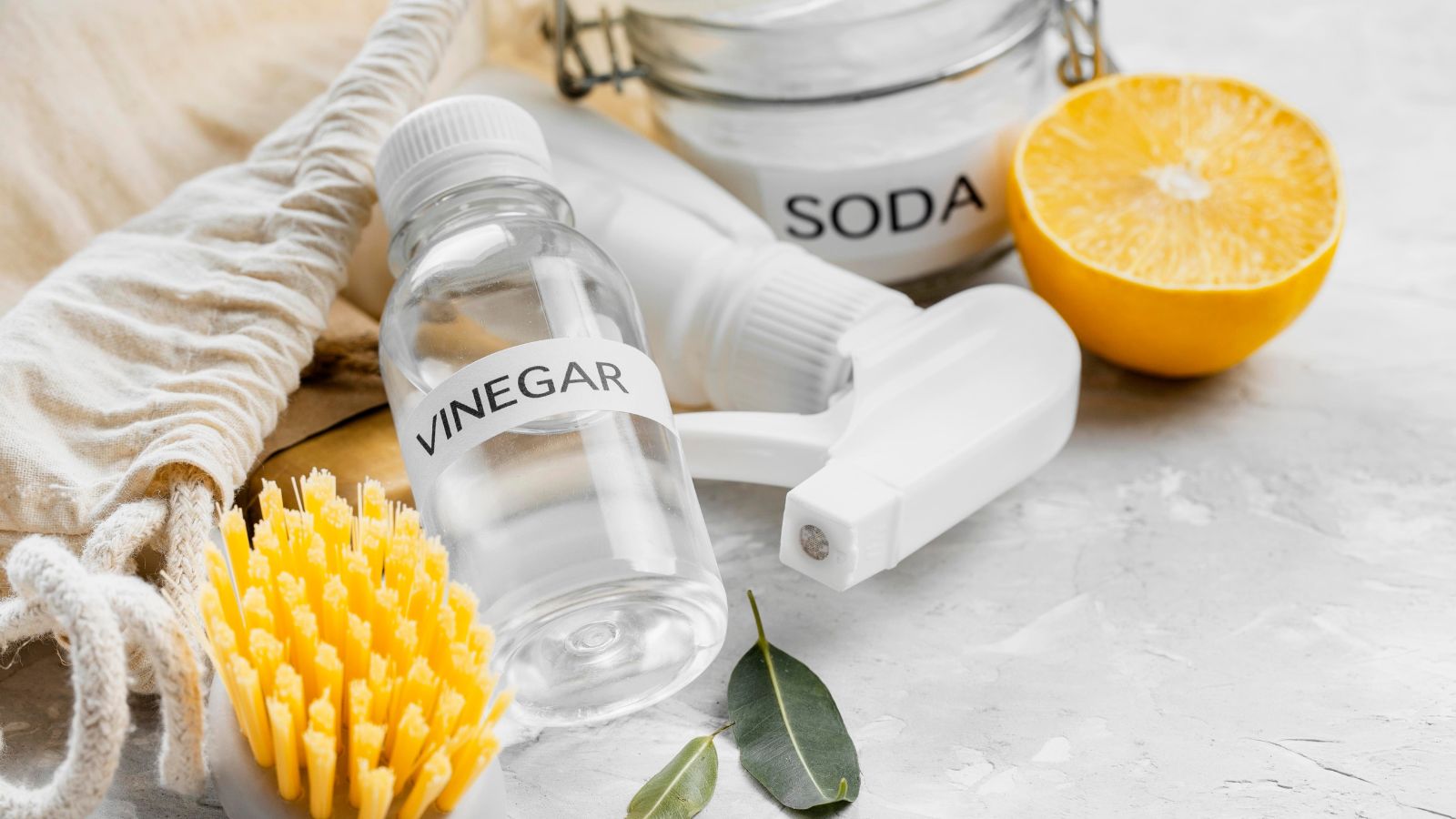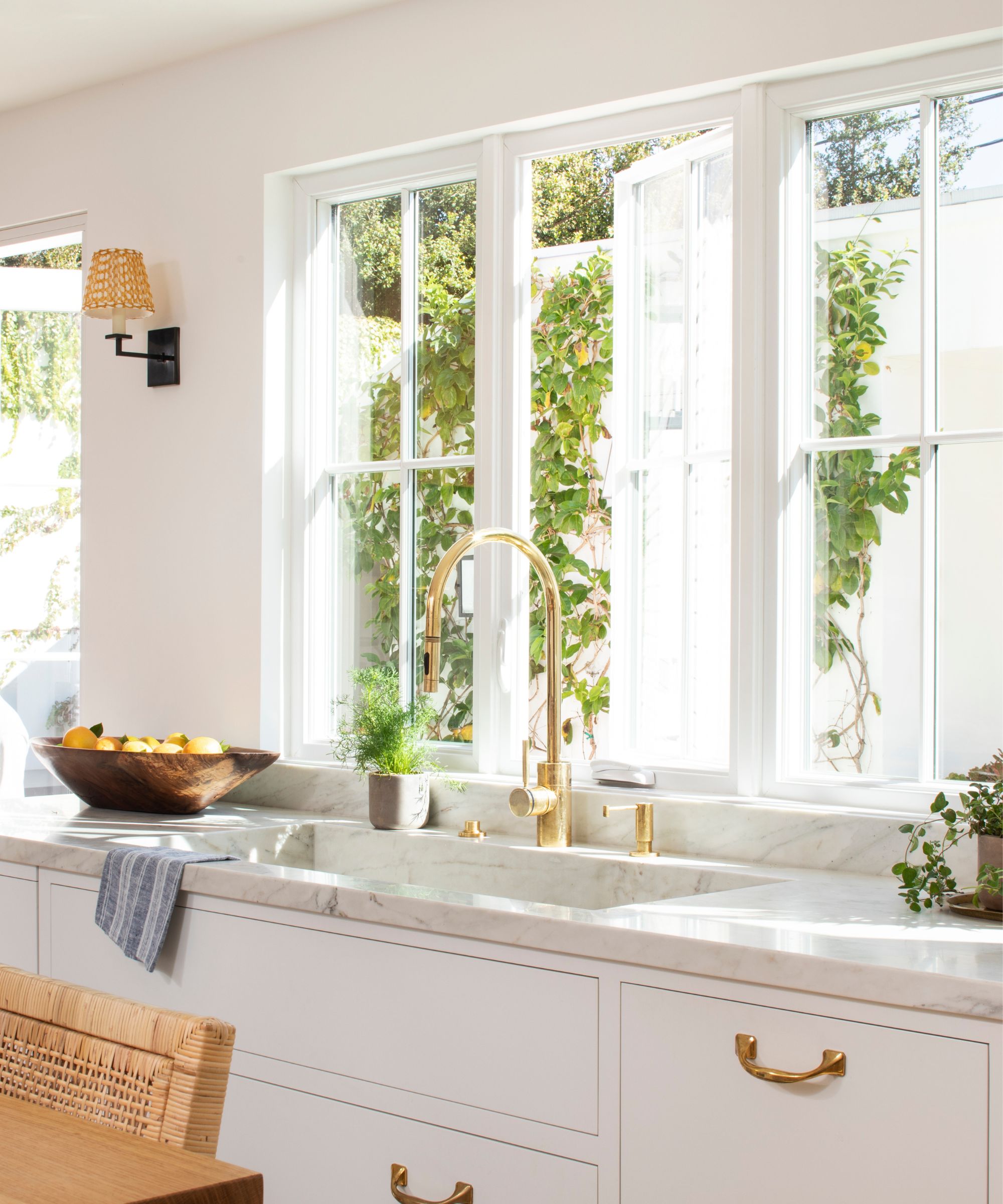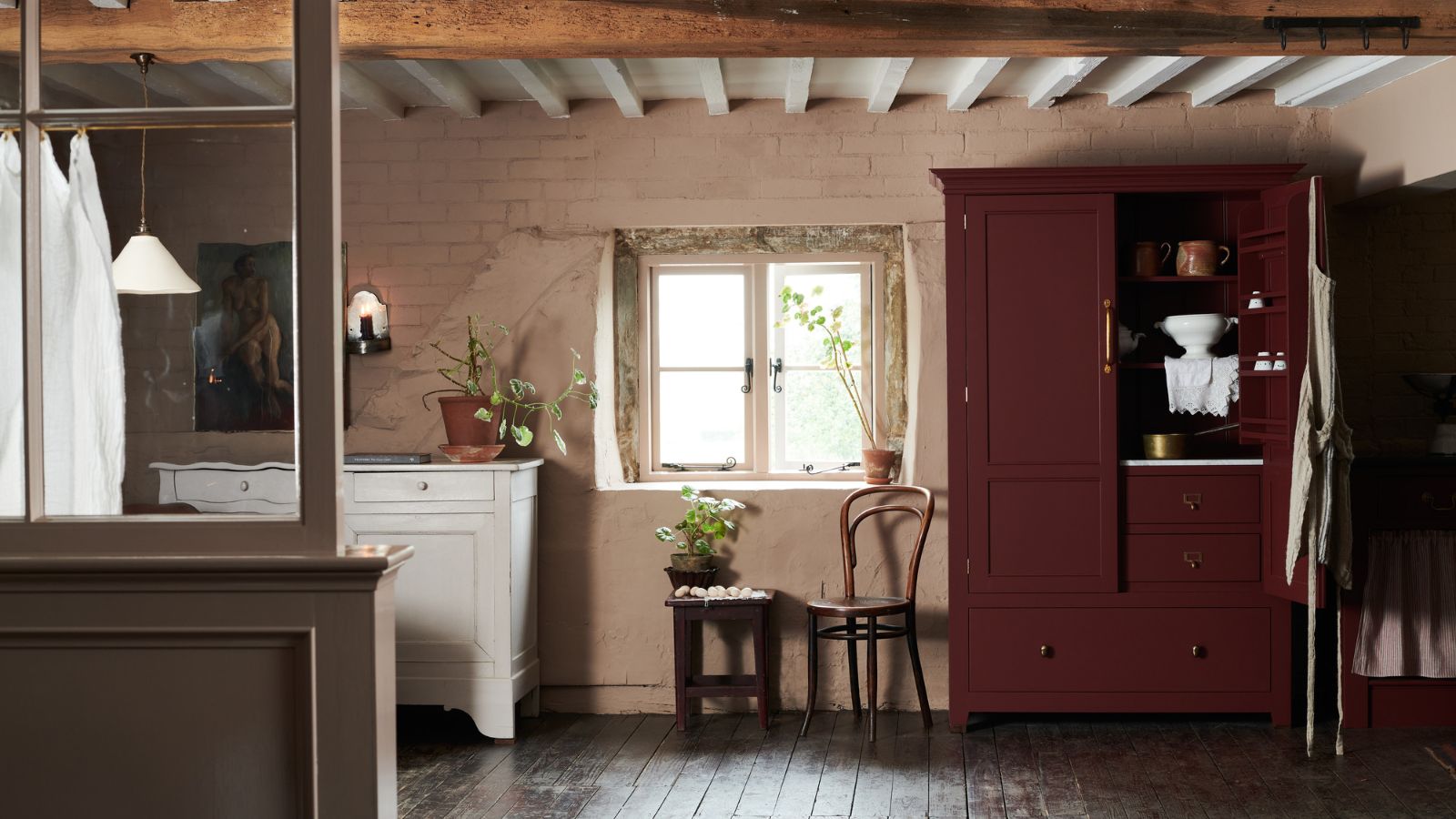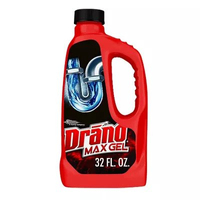Why you should never use vinegar and baking soda to unclog a drain – according to experts
This common condiment pairing is a saving grace in the world of cleaning, but in this case, it may be doing more harm than good


In a rare turn of events, professional cleaners are warning us to not use vinegar and baking soda for a common household cleaning task – unblocking our pipes.
But why? Given that cleaning with vinegar and cleaning with baking soda has become so popular in recent years thanks to their strong degreasing effects and deodorizing properties, it is surprising to hear that it may actually be doing more harm than good when it comes to our plumbing.
We talked to professional cleaners and plumbers to learn why you should never use vinegar and baking soda to unclog a drain, and what we should be doing instead.
Why you shouldn't use vinegar and baking soda to unclog a drain
Whether you are unclogging a sink, or unclogging a bathroom drain, vinegar has previously been touted as an effective way to get water flowing again. However, while it is still a great deodorizer to freshen up our plumbing on occasion, repeated use may be weakening the integrity of our pipework.
Here’s why.

1. It isn't strong enough to break down clogs
Vinegar and baking soda react powerfully when combined together, forming a fizzing chemical reaction. However, this effect is often not quite strong enough to actually break down tough clogs that cause a slow draining sink, shower, or bath, Nick Valentino, of Bellhop says, making your drains one of the few things not to clean with vinegar.
‘Vinegar by itself is fine for everyday cleaning. It'll wipe up that spill on your counter and get that gunk off of your floor, especially if you scrub. It's definitely not strong enough to tackle serious food particles and microbial growth in a kitchen drain, though.
While you can have better luck with a combination of baking soda and vinegar, it's best to use Dran-O, available at Target, or another chemical drain cleaner if your drain is clogged.’
Dran-o Max Gel | $4.99-16.99 at Target
Drano Max Gel's thick bleach formula cuts right through standing water, clinging to your toughest clogs and breaking them down with ease.
2. It can damage rubber seals
Vinegar is generally considered a gentle cleaning agent, however, it is worth remembering that it is still an acid, and may wear down the rubber seals on your pipes over time – especially when combined and reacting with baking soda, warns Ralph Abundo, an operations specialist at Canberra Bond Cleaning.
Just as you should never pour salt down your drain, to avoid damage, steering clear of combining baking soda and vinegar can prevent leaks and other damage plaguing your kitchen over time, Ralph says.
3. It can corrode old pipes
It is not just rubber seals you have to be cautious of when unblocking drains. Vinegar and baking soda can also damage pipework, especially old pipes that have not been replaced in several years, Mark Morris, an independent master plumber currently consulting with Deluxe Plumbers adds.
‘Some homes, especially older ones, may have metal pipes. Consistent use of acidic solutions, like vinegar, can accelerate the corrosion of these metal pipes, leading to weakened integrity and potential breaks or leaks over time. The reaction between baking soda and vinegar can also produce salt, which may further contribute to the corrosion process. Using these substances regularly can, therefore, inadvertently reduce the lifespan of your plumbing infrastructure.’
FAQs
What happens if you put too much baking soda in a drain?
If you put too much baking soda down a drain onto a clog, it can sit on the clog and become a solid mass as it is subjected to more and more water. This will make the block worse and even harder to remove. Instead, consider using a commercial drain cleaner and deodorizer, designed to help break down grease and hair clogs, and freshen up bad-smelling pipework.
Does salt and boiling water unclog drains?
Salt and boiling water is not a great drain unblocker or deodorizer and is best avoided if you have a slow-draining sink. Instead, consider a commercial unblocker, and flush it through with boiling water after the recommended sitting time to help free your pipes from blocks and bad smells.
Just as there are several reasons why your sink may not be draining, there are several great solutions that won’t cause further damage to your pipework, Anglea Rubin, cleaning expert at Hellamaid says. ‘For a more reliable approach, consider using a plunger or a drain snake to physically dislodge clogs. Enzyme-based cleaners are also gentle on pipes and effective at breaking down organic matter,’ she advises.
The best approach is to prevent blocks altogether, she adds: ‘To prevent blockages in the first place, consider using drain strainers, at Amazon, to catch hair and debris before they enter the pipes. Regularly flushing drains with hot water can help prevent build-up, and avoiding pouring grease down the drain is essential.’
Our cleaning professionals have revealed the other areas of the home to never clean with baking soda and vinegar together.
Sign up to the Homes & Gardens newsletter
Design expertise in your inbox – from inspiring decorating ideas and beautiful celebrity homes to practical gardening advice and shopping round-ups.

Chiana has been at Homes & Gardens for two years and is our resident 'queen' of non-toxic living. She spends most of her time producing content for the Solved section of the website, helping readers get the most out of their homes through clever decluttering, cleaning, and tidying tips. She was named one of Fixr's top home improvement journalists in 2024.
-
 'Wick away the ick' – 6 things people with clean laundry rooms always do to make this hardworking space shine
'Wick away the ick' – 6 things people with clean laundry rooms always do to make this hardworking space shineThese tips on how to clean your laundry room will banish grime
By Seraphina Di Mizzurati Published
-
 Jennifer Aniston’s bedroom is a ‘goldmine of simple sumptuousness’ – it’s 2025’s version of quiet luxury and so easy to recreate
Jennifer Aniston’s bedroom is a ‘goldmine of simple sumptuousness’ – it’s 2025’s version of quiet luxury and so easy to recreateThe actress's unique space features James Mont-designed lamps and a raised bed inside a walnut plinth – but you can recreate its understated sophistication
By Megan Slack Published
